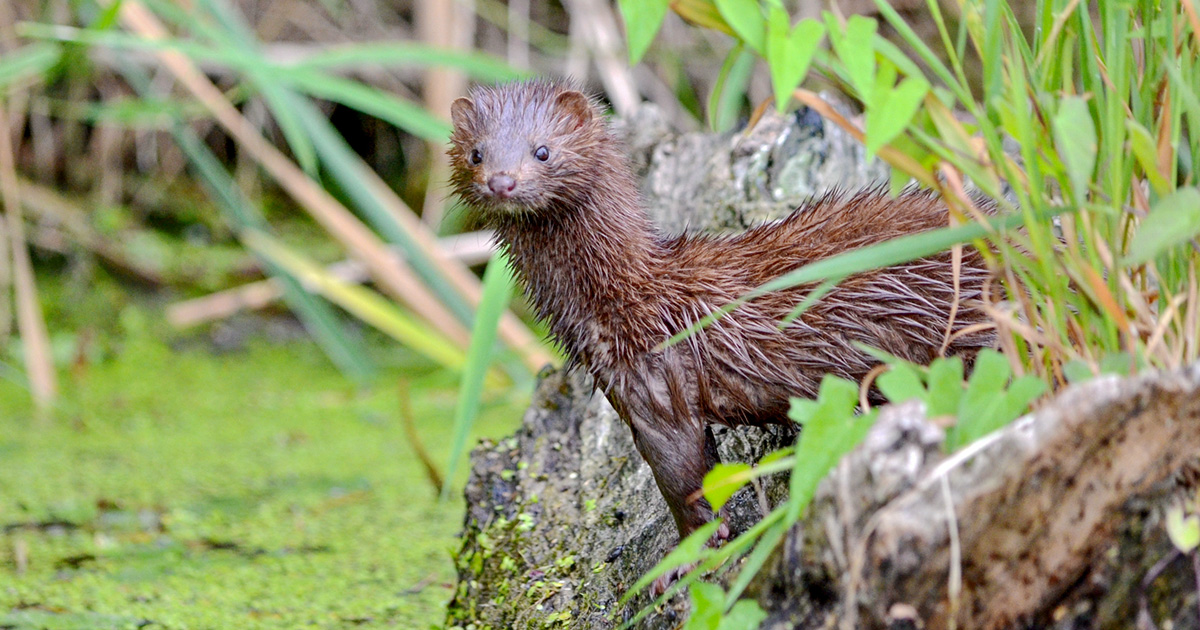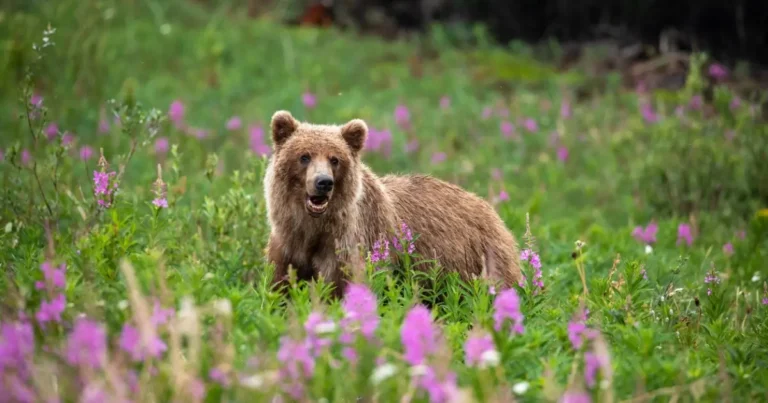
The following letter was sent to BC Minister of Health Adrian Dix and BC Minister of Agriculture Lana Popham on March 25, 2021. The Fur-Bearers has received permission to reproduce it.
March 25, 2021
Dear Minister Adrian Dix and Minister Lana Popham,
We, the undersigned, are practicing infectious diseases physicians in British Columbia.
We are aware of the risks posed by the intensive breeding and confinement of thousands of animals, such as civet cats, raccoon dogs and mink, that can transmit SARS-CoV-2 and similar respiratory viruses back and forth between each other and between humans.
Mink-to-human transmission of SARS-CoV-2, and associated mutations, has been documented in association with mink fur farms in the Netherlands, Denmark, and Poland.
As well as risk for infection and spread of SARS-CoV-2, minks are at risk of infection and spread of influenza including human, swine, and avian influenza.
The January 20, 2021 joint WHO, UN Food and Agriculture Organization, and World Organization for Animal Health document outlined the risks, and estimated the risk of spillover from mink fur farms to humans in Canada as “very likely” and the transmission of SARS-CoV-2 from fur farm animals to susceptible free-ranging wild populations as “likely”.
https://www.who.int/publications/i/item/WHO-2019-nCoV-fur-farming-risk-assessment-2021.1
The intensive breeding of mink is currently legal in British Columbia, eligible for agricultural subsidies, and that there has been no pause on mink breeding in the 2021 breeding cycle during the ongoing COVID-19 pandemic.
In light of the documented risks, the BC government imposed quarantines on 2 fur farms in the Fraser Valley affected by COVID-19 outbreaks in December 2020 to reduce the risk of spread to the general population. We are also aware that additional infection control measures were recommended to staff working on mink fur farms in the province and that surveillance measures for SARS-CoV-2 infections among mink have been introduced. However, we are not aware of the details of these measures.
Other countries, including Italy and Sweden, have followed the precautionary principle and have stopped mink breeding in 2021. Furthermore, considering the fur farming industry as a whole, the Netherlands, UK, Austria, and other countries have banned the practice altogether. In some cases, fur farm workers and owners may have been financially supported to transition to other industries.
Adherence to the precautionary principle is important in responding to a pandemic of a novel coronavirus which has a demonstrated ability for exponential spread through respiratory secretions, mutation, and transmission across species. The response to public health risks also needs to consider available resources, societal values and prioritization of public health and animal welfare, as well as individual liberties and financial interests.
It is in this context that we request that you urgently review the licensing and permits for the breeding and confinement of mink on fur farms in British Columbia, particularly during the COVID-19 pandemic.
Sincerely,
Dr. Sara Belga
Dr. William Connors
Dr. Gregory Deans
Dr. Joshua Douglas
Dr. Dwight Ferris
Dr. Jan Hajek
Dr. Mary Kestler
Dr. Richard Lester
Dr. Allison Mah
Dr. Hana Mitchell
Dr. Natasha Press
Dr. Robert Reynolds
Dr. Jerry Vortel
Dr. Victoria Weaver
